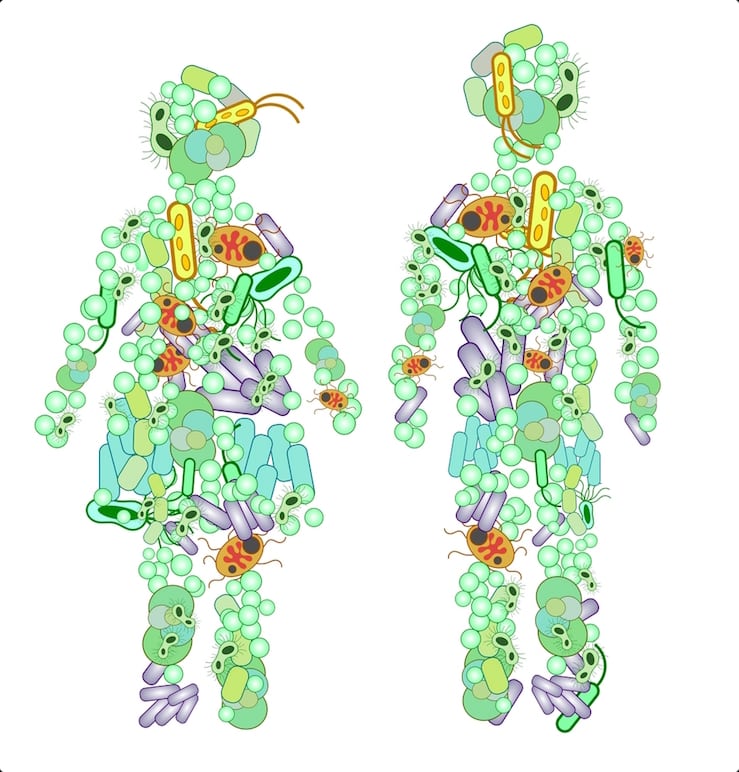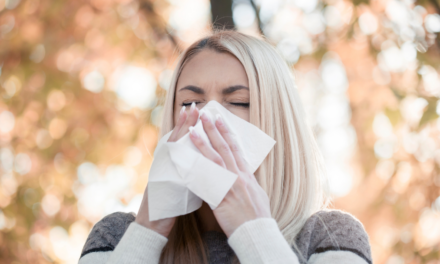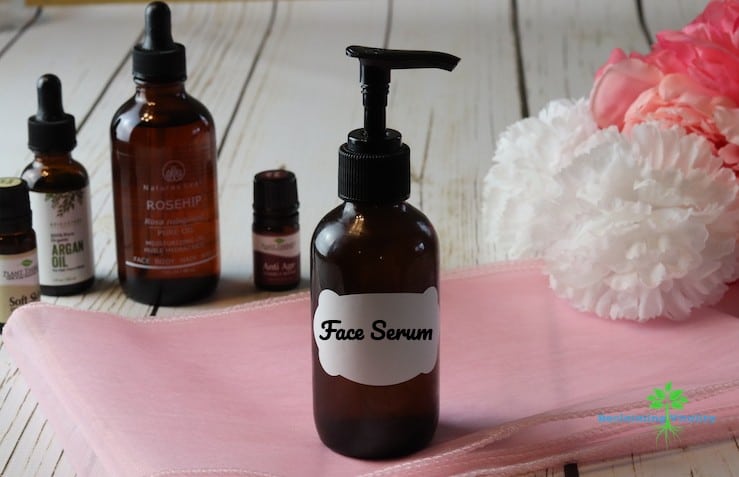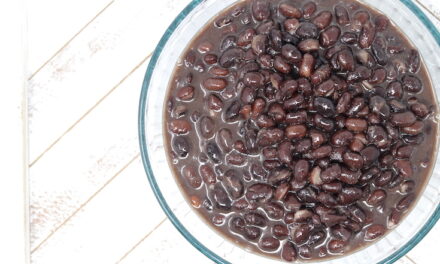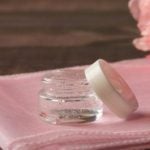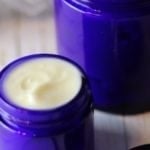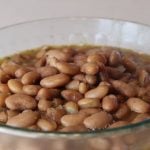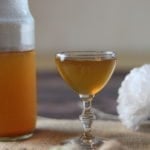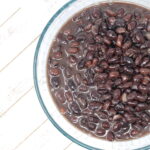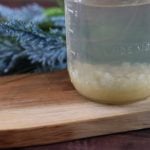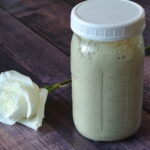By now you have probably heard that you have have more bacterial cells than actual human cells! This collection of bacterial cells is called your microbiome, microbiota, or microflora depending upon who is speaking. For the sake of simplicity, I will refer to it as your microbiome. Why should you care about protecting your microbiome? Hold onto your seats while I tell you!
What your Microbiome Does for you:
- assimilates vitamins and minerals
- moderates the immune system (think Goldilocks. Not too much, as in an autoimmune disease, and not too little as in getting every bug that comes your way. You want it just right)
- breaks down complex carbohydrates
- makes short-chain fatty acids
- removes toxins
- regulates your metabolism
- controls energy assimilation
- keeps your bowels moving
- lowers inflammation
- maintains your intestines’ mucosal lining (this is the barrier that keeps good things in and bad things out. Important!)
Here is a short list (there are a ton more) of health problems associated with poor microbiome composition:
- weight gain
- allergies
- high blood pressure
- mood disorders
- asthma
- Autism
- diabetes
- sugar cravings
- bowel disorders/diseases
- acne
- eczema
- joint pain and arthritis
- hardening of the arteries
- PMS
- frequent colds/flus
- memory and concentration problems
- insomnia
Okay, so now that you know how important your microbiome is to your health, you probably want to know the things that put it at risk, right? Great! Here they are:
Things that Harm your microbiome:
- Sugar and especially artificial sweeteners and high fructose corn syrup: Sorry. They contribute to glucose intolerance which causes weight gain and diabetes. Opt for raw honey and organic maple syrup and retrain your taste buds to like less sweetness.
- Food emulsifiers: These are thickeners like guar gum, carrageenan, xanthan gum, lecithin, etc. They are linked to bacterial overgrowth, inflammatory bowl disease, leaky guy (intestinal permeability), weight gain, and metabolic syndrome. These are in almost all processed foods. A good reason to avoid processed foods, right? Even most store-bought yogurt contain one of these. A good reason to make your own!)
- NSAIDS: These are anti-inflammatory medicines such as Advil, Motrin, Ibuprofen, aspirin, and Naproxen. Unfortunately, they altar the pH of your intestines and kill off lactobacilli, which are good bacteria that regulate your immune system and mucus barrier. Less lactobacilli in your gut and you will likely be getting sick a lot more frequently and develop mucosal permeability (leaky gut). Mucosal permeability means things getting into your gut that shouldn’t and things getting out into your blood stream that should absolutely not be there!
- Antibiotics: These wreak havoc on your microbiome. Designed to kill the bad “bugs”, but they kill any “bug” they come in contact with. Of course, there is a time an a place for these life-saving inventions of modern medicine, but use extreme caution. They can be absolutely devastating to your gut. Antibiotic use is linked to everything from obesity to allergies to autism.
- Chemicals: Pesticides and herbicides, especially glyphosate (think Roundup) can lead to many chronic diseases including gastrointestinal disorders and obesity. Buy organic vegetables and pasture-raised organic meat!! Also, don’t spray chemicals in your yard or garden.
- Refined carbohydrates: White flour essentially turns to sugar and causes an intestinal imbalance that in turn causes inflammation in the upper digestive tract. This can cause weight gain and even obesity. If you can tolerate gluten, opt for organic whole wheat sourdough.
- Alcohol: In excessive amounts (more than two drinks per day) causes inflammation and leads to an impairment of gut and liver function. Moderate consumption may actually be beneficial to gut bacteria. (Whew!)
- Smoking: Smoking causes an imbalanced microbiome, lowering bacterial diversity and creating a good environment for “bad” bugs. If you still do this, please stop!
- Being TOO clean!: What??!! Yep!! Over-sanitizing is linked to lower immune function and higher rates of infection. This includes your hands, your house, and your dishes.
- Stress: This is a biggie. Chronic stress alters your gut’s mucosal secretions and changes the ratio of good to bad “bugs” (not to your favor). Possible results of chronic stress include stomach ulcers, IBS (irritable bowel syndrome), food sensitivities and food allergies. I highly recommend learning to manage your stress. It could be yoga, fishing, hiking, meditating, or anything else that takes you to that “zen” place. My favorite meditation in the “Z technique“. It’s for those of us who find it hard to clear our mind (I think that’s everyone!)
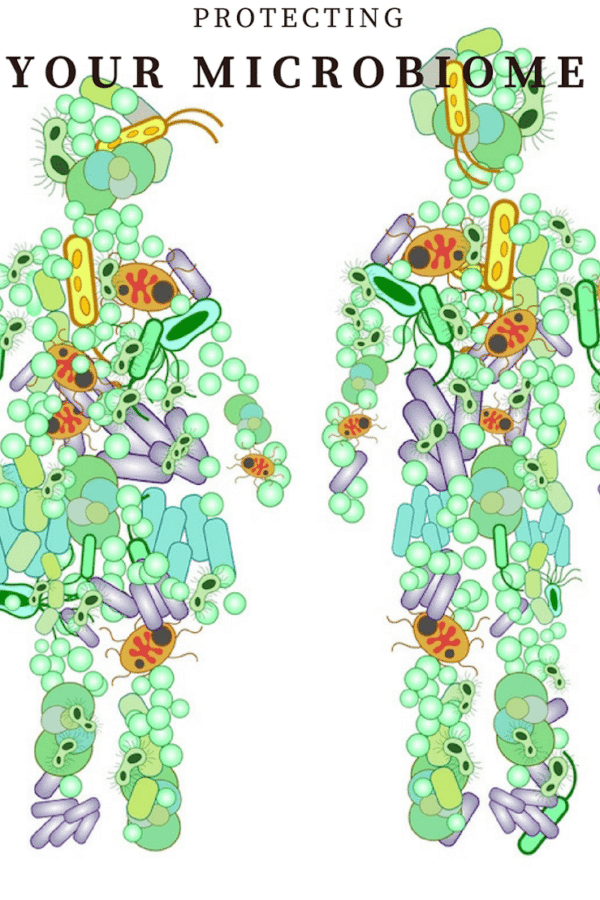
How to feed and Nurture Your Microbiome:
- Fermented Foods and Beverages: Kombucha, Kraut, Kimchi, Water Kefir, and fermented vegetables like Dilly Beans, Beets, Jicama Sticks with Grapefruit, Pickles (only lacto-fermented), and many more!
- Prebiotics and Resistant Starch (RS): These are foods with soluble fiber to feed the good bacteria. (inulin, fructooligosaccharides, oligosaccharides, etc) Note: Avoid these if you suspect you have SIBO.
- Vegetables: Especially alliums (onions, garlic, etc.) and cruciferous veggies like broccoli, cabbage, Brussels sprouts, etc.)
- Legumes and Lentils: These increase the release of short-chain fatty acids. Short chain fatty acids improve vitamin absorption, therefore benefiting the microbiome.
- Nuts and Seeds
- Fruit: Most fruits but especially watermelon, banana, cranberries, and cherries.
- Cultured Dairy: Milk Kefir, homemade yogurt, and cultured butter provide probiotics.
- Gelatin (and bone broth): This heals and seals the mucosal lining of the gut, keeping good things in and bad things out.
- Herbs and Spices: Especially cilantro, oregano, basil, thyme, rosemary, tarragon, turmeric, ginger, fennel, caraway, cinnamon, and citrus zests.
- Essential Oils: These kill off bad “bugs” leaving more room for the good “bugs” to proliferate. (especially Peppermint, Oregano, Tea Tree, and Clove) Usually you would take these in a gel capsule.
If you find this subject as fascinating as I do, here is a list of informative books on the subject:
If you’re thinking, “that’s great, but I don’t have the time (or desire) to read books like that”, don’t stress! (Literally, don’t stress: It’s bad for your microbiome. 😉
Here are a couple of homemade microbiome-safe recipes: hand sanitizers and cleaning products.
What about you? Do you find the subject of your microbiome fascinating?

